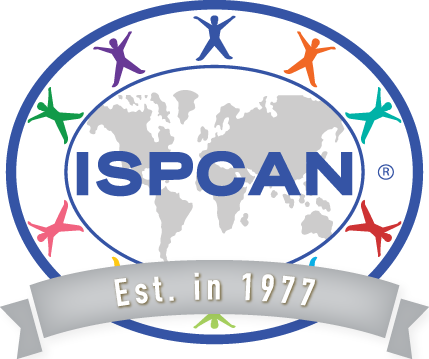Learning in the Context of Adversity – Special Issue Journal

ISPCAN Resources
Focus of this Training
This 90-minute virtual session brought together cross-disciplinary practitioners and researchers globally to discuss the complexities of learning-related processes and mechanisms to promote positive learning in the face of adversity. This ISPCAN webinar provided a further opportunity to disseminate this important collection of findings to a global audience of practitioners, researchers and child protection experts. During the session, our moderators presented some of the research introduced in this special issue journal, followed by a panel discussion with content experts chaired by the guest editors, Shanta Dube and Carlo Panlilio. Listen to an interactive panel session with content experts in the areas of: •Teacher Secondary Traumatic Stress •High poverty schools, notably with large populations of immigrants •Children with disabilities •Early childhood trauma and maltreatment •Learning challenges for children in foster care and out of home settings
Journal Club Date:
October 24, 2023
Region:
Global
Topics:
Resources
Featured Journal Articles:
Learning Objectives:
Presented By:





